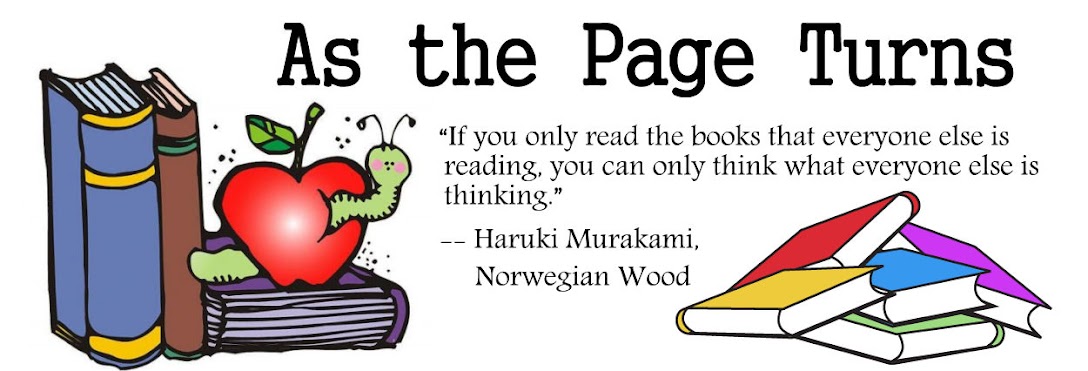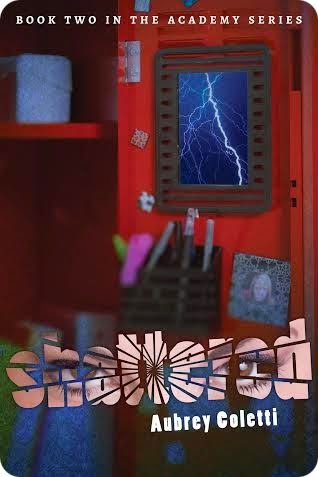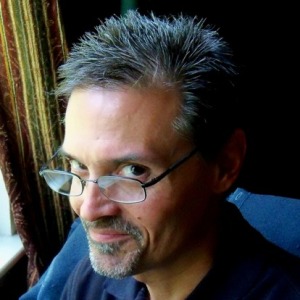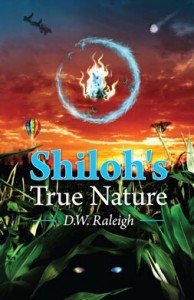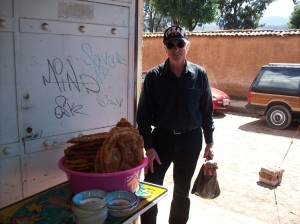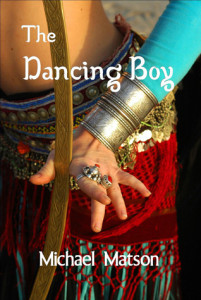 An avid reader as a child, Galanti grew up in a nurturing environment, immersed in books such as The Hobbit,Little House in the Big Woods,The Island of the Blue Dolphins, My Side of The Mountain, Call of the Wild andWhite Fang. “My favorite author was Roald Dahl and my favorite book of his was Danny the Champion of the World,” says Galanti, whose dark imagination ran wild from the start.
An avid reader as a child, Galanti grew up in a nurturing environment, immersed in books such as The Hobbit,Little House in the Big Woods,The Island of the Blue Dolphins, My Side of The Mountain, Call of the Wild andWhite Fang. “My favorite author was Roald Dahl and my favorite book of his was Danny the Champion of the World,” says Galanti, whose dark imagination ran wild from the start.
From her early years in England to her later work in Hawaii as a U.S. Navy photographer, Galanti always dreamed of becoming an author. She wrote her first murder mystery screenplay at the tender age of seven. She had a career in writing for marketing and communications and ran her own resume writing service, but it wasn’t until her mother died five years ago that she began writing novels out of her grief. Eventually, that grief turned to peace, when she fully realized what it was she truly loved to do: becoming a storyteller. In addition to being a full-time author, Galanti also works part time as a freelance copywriter for an advertising agency.
“I write from the dark side with a glimpse of hope. I am drawn to writing the hero’s journey – more so the tormented hero, and tormented villain. I enjoy creating empathy for both by blurring the lines between good and evil,” states the author, whose first two books in The Element Trilogy, A Human Element and A Hidden Element (Imajin Books, August 2014) are both full of murder and mystery with a dash of steam, and both have their own tormented hero and villain. “I slay my own demons through my writing – and I highly recommend it!” she says.
A Human Element, just released by Imajin Books, is the thrilling, unrelenting page-turner story of Laura Armstrong. Her friends and family members are being murdered and, despite her unique healing powers, she can do nothing to stop it. Determined to find the killer, she follows her visions to the site of a crashed meteorite in her hometown, where she eventually unravels a terrifying secret that binds her to the killer.
The book has already garnered excellent praise from New York Times bestselling author Jonathan Maberry and international bestselling author M.J. Rose.
![Pageflex Persona [document: PRS0000040_00067]](http://blogcritics.org/wp-content/uploads/bcimages/2014/07/A-Human-Element-Book-1-Front-200x300.jpg) Galanti lives in an old farmhouse – sadly, with no ghosts – with many fireplaces where she often curls up to create her page-turners. Other times she works in her office overlooking the woods. Throughout the year she meets weekly with a women’s writing group at a café where they write together and share advice and their success stories.
Galanti lives in an old farmhouse – sadly, with no ghosts – with many fireplaces where she often curls up to create her page-turners. Other times she works in her office overlooking the woods. Throughout the year she meets weekly with a women’s writing group at a café where they write together and share advice and their success stories.
“When I am creating a new book I love to sit outdoors overlooking the woods with a pen and notebook and handwrite my ideas. My thoughts are slowed down this way as my brain connects to pen in hand, and it opens my mind up to brainstorm,” says the author, describing her creative process. “There is nothing more freeing creatively to journal story ideas and throw all sorts of ‘what if?’ questions out there to find the kernel of a good story you want to pursue. Then I create character worksheets and type up a ten page synopsis of the book. I do all this before I write that first word of the story. And I always create a title first! It’s what drives my inspiration for the story.”
Galanti began writing A Human Element seventeen years ago from a vision she had while driving to work one day. She wrote two chapters and shelved them for over a decade. When she finally decided to continue the story, she wrote Monday through Friday from 4:30am to 6:30am. After seven months she typed THE END.
All writers have their stronger and weaker points, and for this author, revision is her favorite process. That’s where she can make her story shine. “Knowing how important this process is has been one of my strong points,” she says. “There are many layers to a story to be found after you write that first draft, and that’s what I love to do: peel back the layers.” One area she struggled in for a long time was to slow down her writing. She can be a very fast writer, creating pages and pages of words that often would need to be trimmed down. She has since then learned to slow down her writing and craft her words with care as she writes them, so she doesn’t have to spend so much time on revision.
In an era when small presses, the good, the bad and the ugly, abound, Galanti’s experience has been nothing but positive. “My experience with Imajin Books has been amazing!” she says of her Canadian-based publisher. “Imajin Books is dedicated to working with me to help my books succeed. The owner, Cheryl Kaye Tardif, is a bestselling author in her own right.” Imajin Books was very responsive and provided in-depth editorial guidance as well as marketing plans, not to mention fantastic book cover designs. The publishing industry is notorious for being slow-moving, but in the case of The Element Trilogy, Imajin Books made the process quick and efficient.
As with many authors, Galanti finds starting a new book most challenging. The first blank page can be a scary thing, until the story takes over, propelling your main character into his new unbalanced world toward the ultimate end. However, being an author can be extremely rewarding. “When it comes to readers, there is nothing more thrilling than reading wonderful reviews about your book that you spent months, or years, creating and shaping,” she says. “It’s from that private place in your heart, where you love the most – and hurt the most – that you pour out pages to show the world. And it’s all worthwhile when you discover that others have been touched by your story, just as you were touched while you were writing it. Second, it’s rewarding to pay it forward to up-and-coming authors. There is a wonderful feeling that comes from speaking to writers about your publishing journey and sharing advice and techniques on how to find success as an author, and hope that they do.”
Galanti is currently working on the idea for the third and final book in The Element Trilogy called, A Healing Element, and gearing up to release book 2, A Hidden Element, on August 28th. A native of upstate New York, the author now lives in Southeastern Pennsylvania with her family in an old farmhouse. It has lots of writing nooks, fireplaces, and stink bugs, but she’s still wishing for a castle—preferably with ghosts.
This profile was originally published in Blogcritics.
